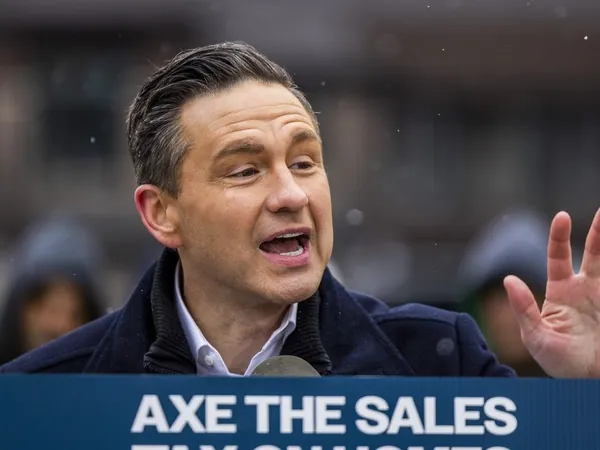
Poilievre Slams Carney's Offshore Tax Haven Connections While Proposing TFSA Enhancements
2025-03-27
Author: Jacob
OTTAWA — Conservative Leader Pierre Poilievre has intensified his criticism of Mark Carney, the former Governor of the Bank of Canada and prominent business executive, over his past use of offshore tax havens. This comes as Poilievre announced a bold plan to increase the tax-free savings account (TFSA) contribution limit for Canadians by an additional $5,000 yearly.
In a video shared across social media, Poilievre remarked, “When greedy, globalist corporate insiders profit by moving money out of Canada, they avoid paying Canadian tax.” His comments were visually reinforced with images of Carney participating in discussions at the World Economic Forum in Davos, Switzerland.
Poilievre highlighted the disparity in tax burdens, stating, “But when patriotic Canadians invest in our country, they pay more.” He pitched a “Canada First” initiative that would allow Canadians to contribute an extra $5,000 to their TFSAs, which are currently capped at $7,000. This top-up would require investments in a range of government-approved “Canadian investments.”
He explained, "My government will create a definition (of Canadian investments) that will let financial institutions and advisers tell you which investments can go into your Canada First TFSA top-up." While real estate holdings would not qualify, Poilievre indicated that Real Estate Investment Trusts (REITs) would.
However, some fiscal conservatives expressed concern about the restrictions tied to the top-up, arguing that Canadians should have the freedom to choose any investment. Renaud Brossard, vice president of communications at the Montreal Economic Institute, stated, “It would be better to leave TFSA holders free to choose whatever investments, Canadian or foreign. … The risk with putting in these sorts of rules is that a government will come in and skew them to funnel investments to things that help them politically.”
Despite these critiques, Brossard acknowledged the proposed changes would be an improvement over the current system.
Critics from the Liberal campaign pointed out the timing of Poilievre's announcement, noting that it came just after U.S. President Donald Trump announced new tariffs, emphasizing a focus on trade crises over financial reforms. They argued that only 15% of TFSA holders maximize contributions under the current limit and expressed skepticism about how effective the proposed increase would be in helping Canadian workers.
Amidst the backlash, revelations surfaced regarding Carney's use of tax havens while overseeing green transition funds for Brookfield Asset Management in Bermuda, a practice often criticized as tax evasion. Carney defended his actions, insisting that such structures are common to avoid double taxation; however, Poilievre dismissed these explanations as lacking credibility.
“Why wouldn’t he just leave it in Canada in the first place?” Poilievre questioned, vowing that the Conservative platform would include measures to tackle tax avoidance strategies employed by individuals like Carney.
TFSAs serve as registered accounts where Canadians can save money without incurring taxes on earned income or withdrawals. With the proposed enhancements, many are watching closely to see how these policies unfold in the upcoming election cycle.
As the political landscape evolves, the contrast between Poilievre’s promises for immediate tax benefits and Carney’s affiliation with global financial elites continues to shape the dialogue surrounding Canadian fiscal policy.
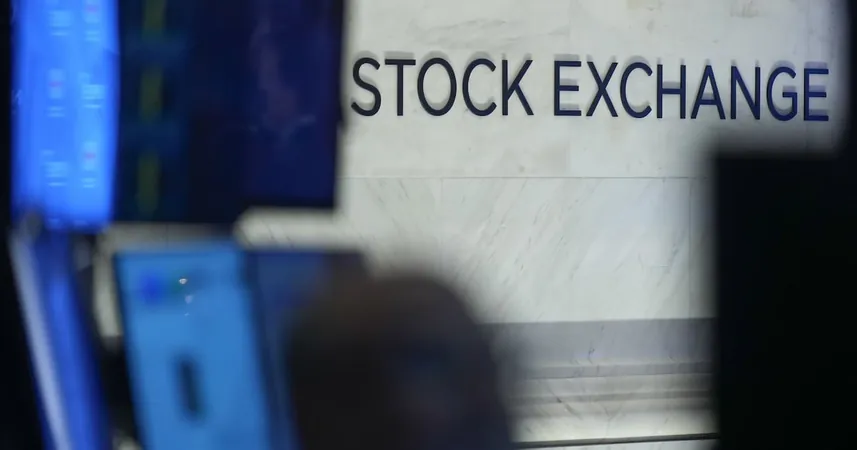



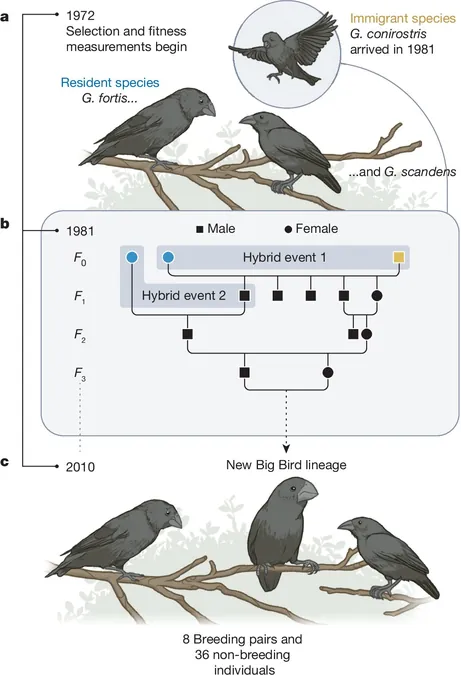

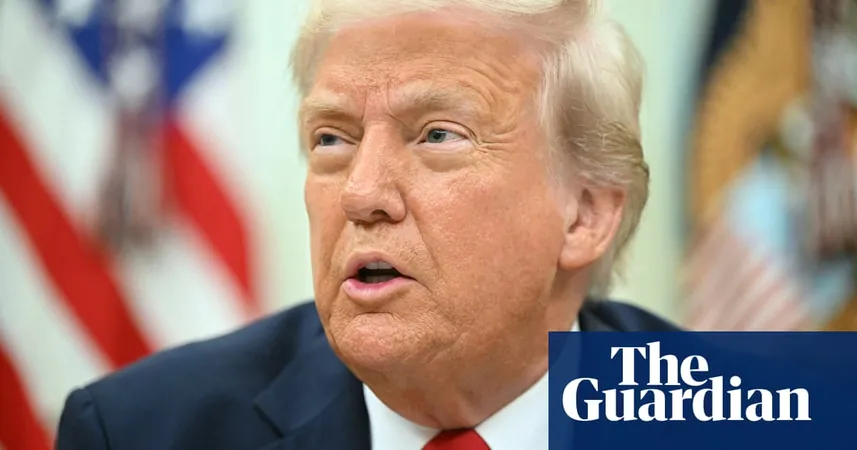
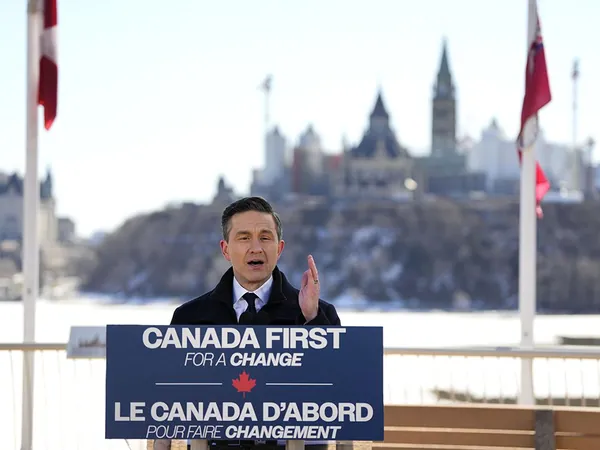

 Brasil (PT)
Brasil (PT)
 Canada (EN)
Canada (EN)
 Chile (ES)
Chile (ES)
 Česko (CS)
Česko (CS)
 대한민국 (KO)
대한민국 (KO)
 España (ES)
España (ES)
 France (FR)
France (FR)
 Hong Kong (EN)
Hong Kong (EN)
 Italia (IT)
Italia (IT)
 日本 (JA)
日本 (JA)
 Magyarország (HU)
Magyarország (HU)
 Norge (NO)
Norge (NO)
 Polska (PL)
Polska (PL)
 Schweiz (DE)
Schweiz (DE)
 Singapore (EN)
Singapore (EN)
 Sverige (SV)
Sverige (SV)
 Suomi (FI)
Suomi (FI)
 Türkiye (TR)
Türkiye (TR)
 الإمارات العربية المتحدة (AR)
الإمارات العربية المتحدة (AR)